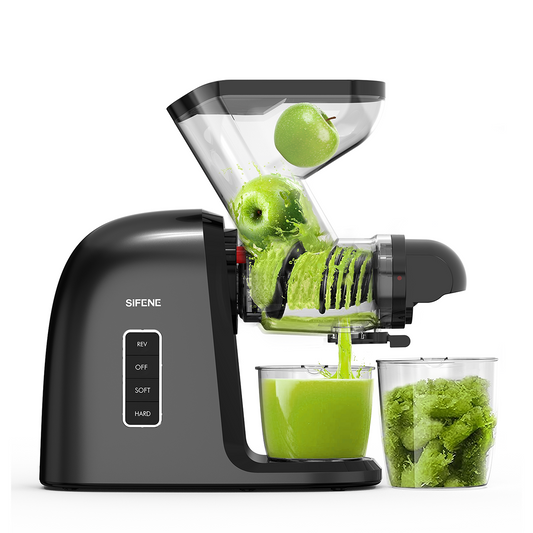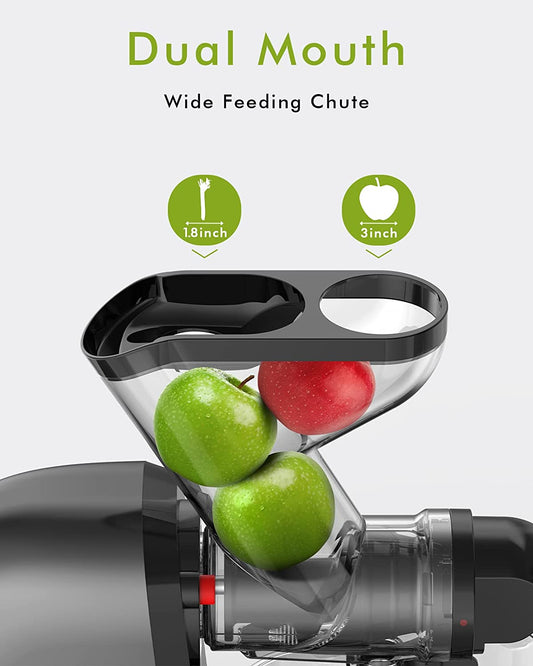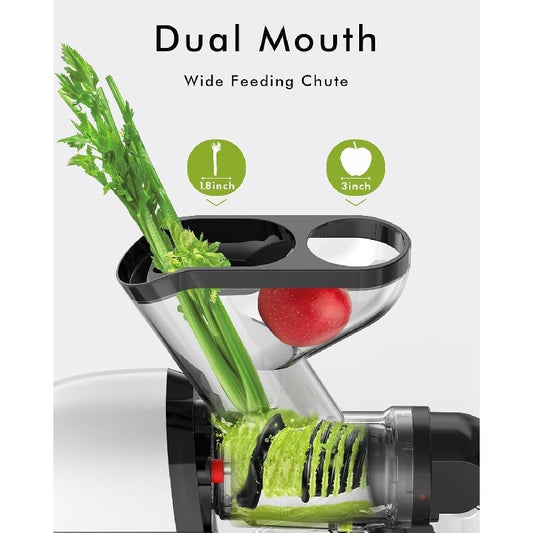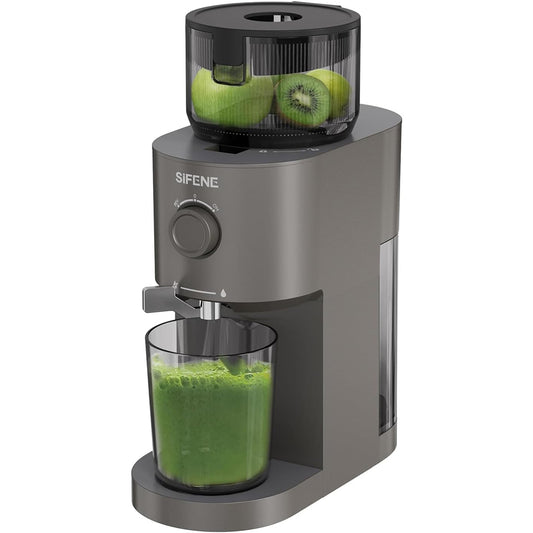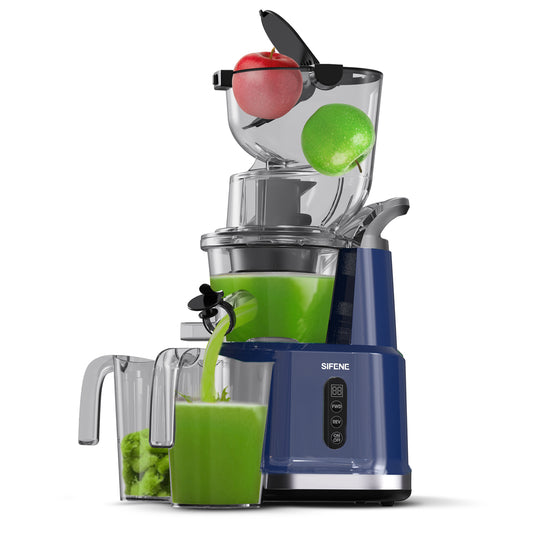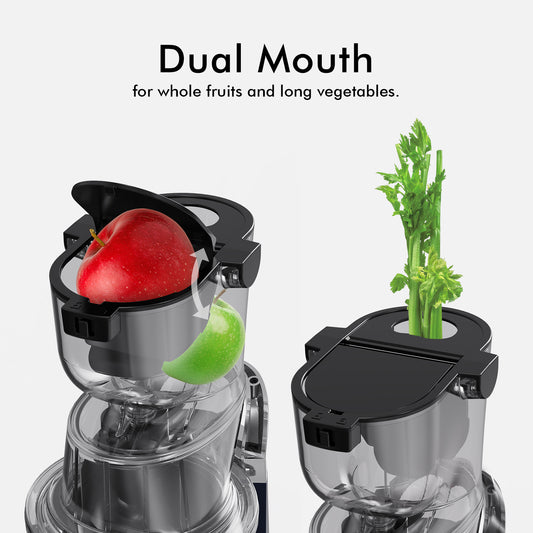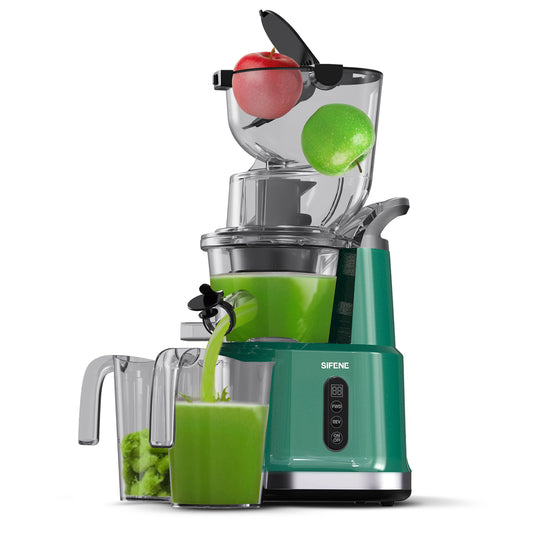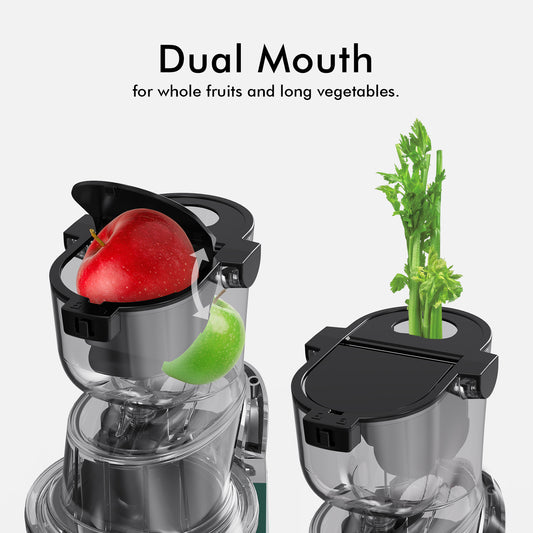1 They may worsen tummy troubles.
Cruciferous veggies are particularly hard to digest if you already have trouble with proper digestion. Folks with irritable bowel syndrome, or IBS, are often steered away from foods with certain fibers that can produce gas and bloating during digestion.
These fibers, also known as FODMAPs, are high in the cruciferous veggie family of broccoli, cabbage, and Brussels sprouts.
2 You'll have regular GI movement.
Conversely, if you don't notice any tummy trouble after eating Brussels sprouts, then you may actually experience the opposite effect: better digestion!
Brussels sprouts contain four grams of fiber per cup. This adds more bulk to our digestive tract and may help move things along faster as a result.
When adding a new source of fiber, be sure to drink plenty of water to help aid in the movement of your GI tract.
3 They may improve your blood pressure.
Brussels sprouts are an excellent source of potassium. Potassium has many functions, including managing heart health and blood pressure.
The DASH diet, a proven program designed to lower blood pressure, emphasizes fruits and vegetables that are high in potassium to protect your cardiovascular system.
One of the main mechanisms for lowering blood pressure involves the way potassium counter-balances sodium in the body. Thus, since sodium can raise blood pressure in some cases, an emphasis on potassium-rich foods can help offset the potential rise.
4 They may help manage your cholesterol.
High cholesterol can be improved with diet changes, but it might look a little different than you think!
Cholesterol is metabolized through the liver after digestion. Foods that are high in fiber can actually improve absorption of cholesterol in the digestive tract before they even make it to the bloodstream circulation.
Choosing high-fiber foods for your meals can help lower the amount of cholesterol that gets absorbed and excrete it all together.
5 They may boost your immune health.
Brussels sprouts are a sneaky source of vitamin C in our diet. One cup of raw Brussels sprouts—when cooked turns into about a half cup—packs more than our daily recommended dose of vitamin C!
Vitamin C helps fight sickness, improves inflammation, and contributes to skin health.
Incorporate shaved Brussels sprouts in your salads, or roast them on a sheet pan as a side dish for an immune system boost this summer!
Featured collection
-
Dual Mouth Masticating Juicer Max Gray
Regular price $129.99 USDRegular priceUnit price per$99.99 USDSale price $129.99 USD -
Dual Mouth Masticating Juicer Max White
Regular price $129.99 USDRegular priceUnit price per$99.99 USDSale price $129.99 USD -
Whole Fruit Cold Press Juicer Large Feed Chute Gray
Regular price $129.99 USDRegular priceUnit price per$149.99 USDSale price $129.99 USDSale -
Whole Fruit Cold Press Juicer Large Dual Mouth Blue
Regular price $129.99 USDRegular priceUnit price per$199.99 USDSale price $129.99 USDSale -
Whole Fruit Cold Press Juicer Large Dual Mouth Green
Regular price $129.99 USDRegular priceUnit price per$199.99 USDSale price $129.99 USDSale

